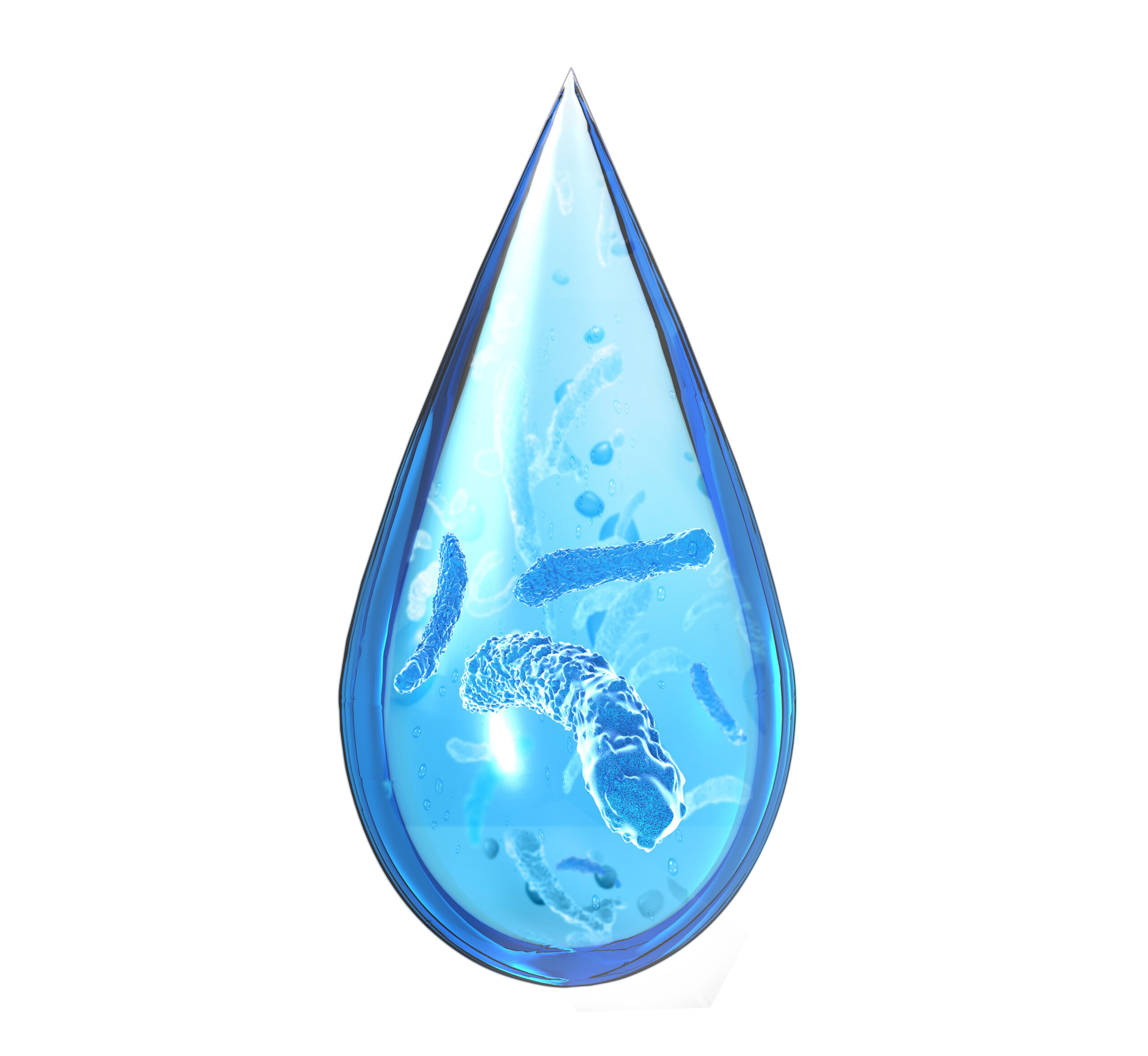Nitrite Closed Loop Water Treatment: An Introduction to Efficient Water Treatment
Water is a valuable resource, and with increasing global demand, it’s important to ensure that it’s used efficiently. Closed-loop water treatment systems are an effective way to recycle and reuse water, reducing overall water consumption. Nitrite closed-loop water treatment is a particular method that’s gaining popularity due to its efficiency and effectiveness. In this blog, we’ll discuss what nitrite closed-loop water treatment is, its advantages, and how it works.
The Importance of Nitrite in Water Treatment: A Comprehensive Guide
Nitrite is a chemical compound that contains nitrogen and oxygen. It’s commonly used in water treatment as a corrosion inhibitor, which prevents rust and other types of corrosion in the system. Nitrite is particularly effective in closed-loop water treatment systems, which are used in industries such as HVAC, manufacturing, and energy production.
The Science Behind Nitrite Closed Loop Water Treatment: How It Works
This type of treatment works by forming a protective layer on the inner surface of pipes and other equipment in the water system. This layer prevents corrosion, which can cause leaks, breaks, and other types of damage. Nitrite also helps to maintain the pH balance of the water, which is important for the system’s overall health.
Advantages of Nitrite Closed Loop Water Treatment for Improved Water Quality
Advantages over other types of water treatment methods. It’s cost-effective, energy-efficient, and can significantly reduce water consumption. It also helps to maintain the quality of the water, ensuring that it’s safe and healthy for the environment and those who use it.
Key Components of Nitrite Closed Loop Water Treatment Systems
These water treatment systems consist of several key components, including a corrosion inhibitor, a pH buffer, a biocide, and a monitoring system. The corrosion inhibitor is typically a mixture of nitrite and molybdate, which work together to form the protective layer on the system’s inner surface. The pH buffer helps to maintain the pH balance of the water, while the biocide prevents the growth of bacteria and other microorganisms. The monitoring system ensures that the system is functioning properly and that the water quality is maintained.
Step by Step Guide: Nitrite Closed Loop Water Treatment Process
The process involves several steps. First, the system is cleaned and flushed to remove any debris or contaminants. Then, the corrosion inhibitor, pH buffer, and biocide are added to the water. The system is then filled with water, and the monitoring system is set up to ensure that the water quality is maintained. The system is regularly checked and maintained to ensure that it continues to function effectively.
Testing and Monitoring Nitrite Levels in Closed Loop Systems for Effective Water Treatment
Testing and monitoring the nitrite levels in closed-loop systems is essential to ensure that the system is functioning effectively. Nitrite levels can be tested using a variety of methods, including colorimetric analysis, ion-selective electrodes, and spectrophotometry. Regular monitoring and testing can help to identify any issues with the system early, preventing more significant problems from occurring.
Common Challenges in Nitrite Closed Loop Water Treatment: Solutions and Strategies
Despite its many advantages, this type of treatment can present some challenges. One common issue is the formation of nitrite deposits, which can cause blockages and other types of damage to the system. Other challenges include pH imbalances and biocide resistance. Solutions to these challenges include regular cleaning and maintenance, adjusting the pH balance of the water, and rotating different types of biocides.
When it comes to getting quality closed-loop treatment, you don’t have to go it alone. Find a trusted partner with a depth of industry experience to help manage the job, like ChemREADY. Free up your staff to concentrate on other vital work. Contact ChemREADY today to ask about our closed-loop treatment.
About The Author
Nick Piskura is the Marketing and Web Development Specialist at ChemREADY who utilizes expertise in digital marketing strategies to provide knowledgeable insights in each segment of our business. Nick provides insights through web development and multimedia resources that support ChemREADY’s full range of services, including Legionella management, ANSI/AAMI ST108 compliance, boiler and cooling tower treatment, wastewater processing, and industrial water quality solutions.

